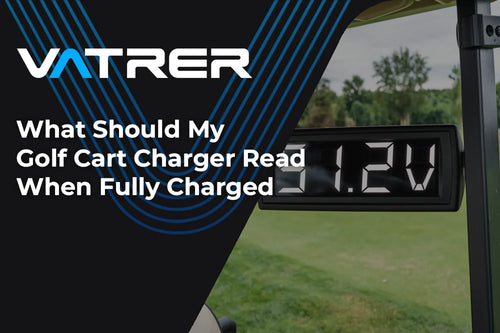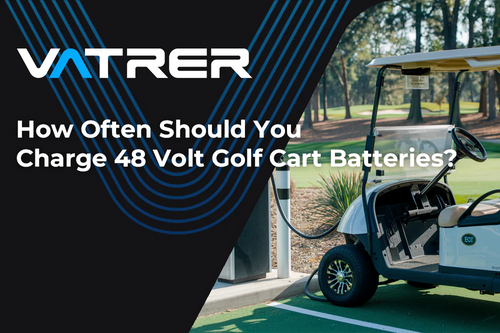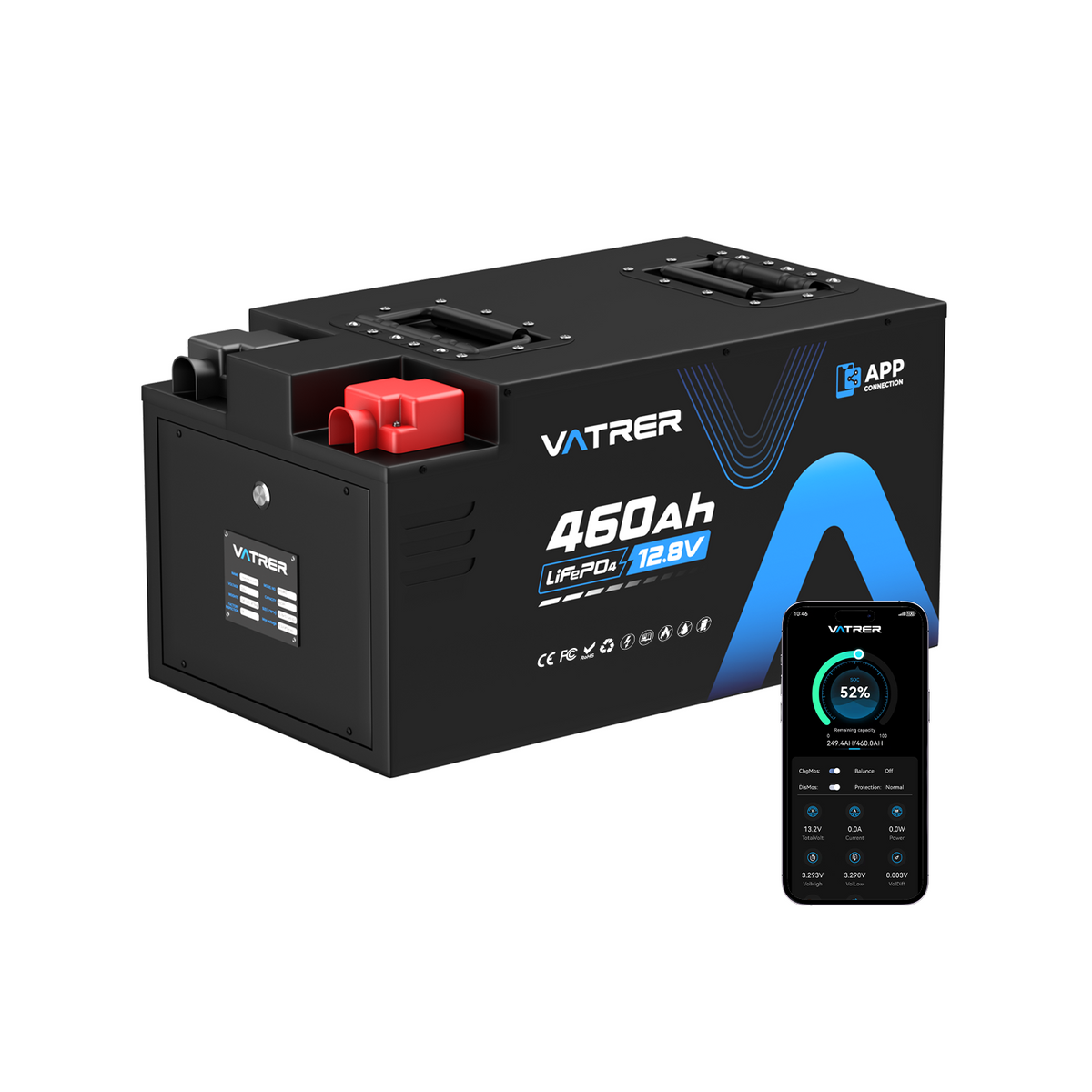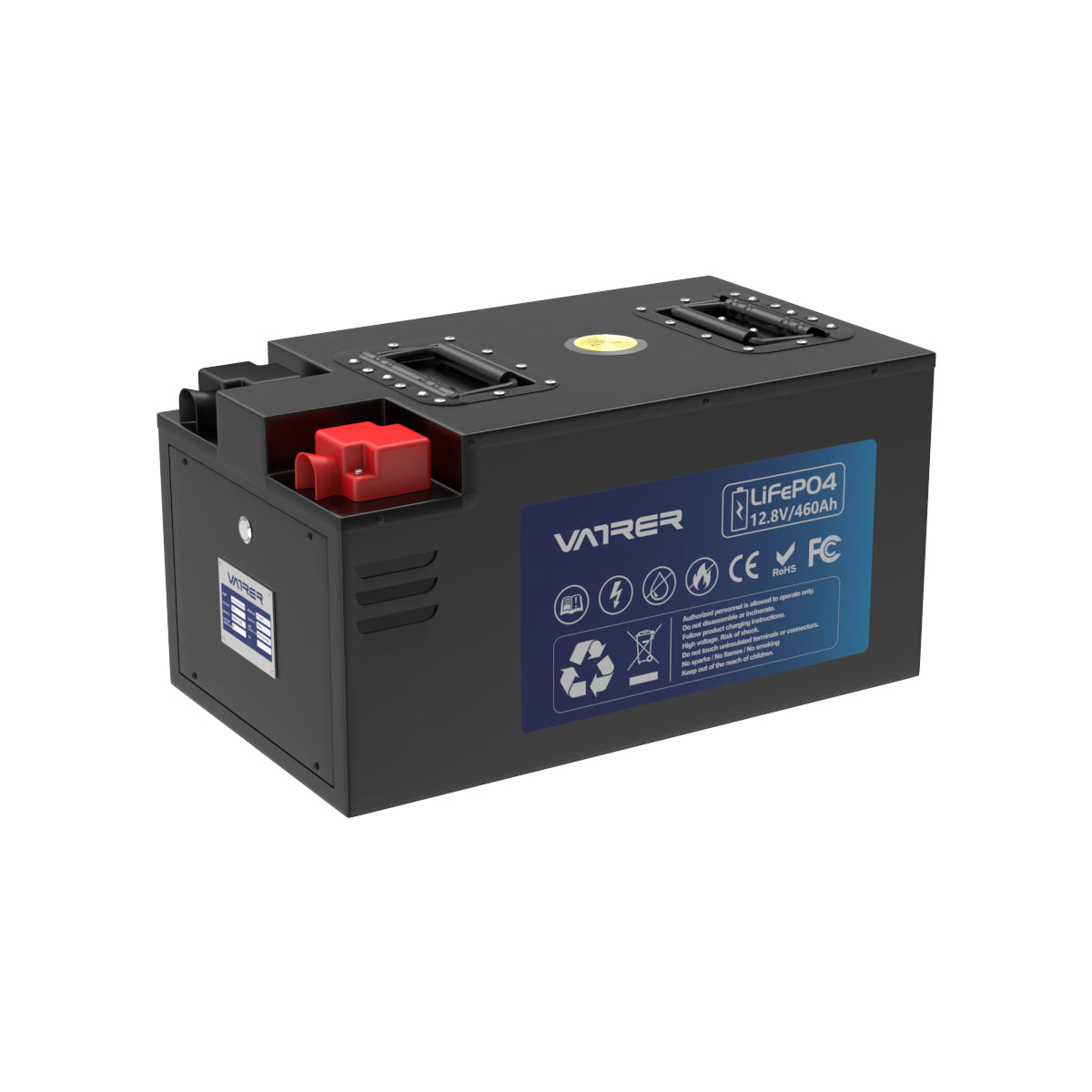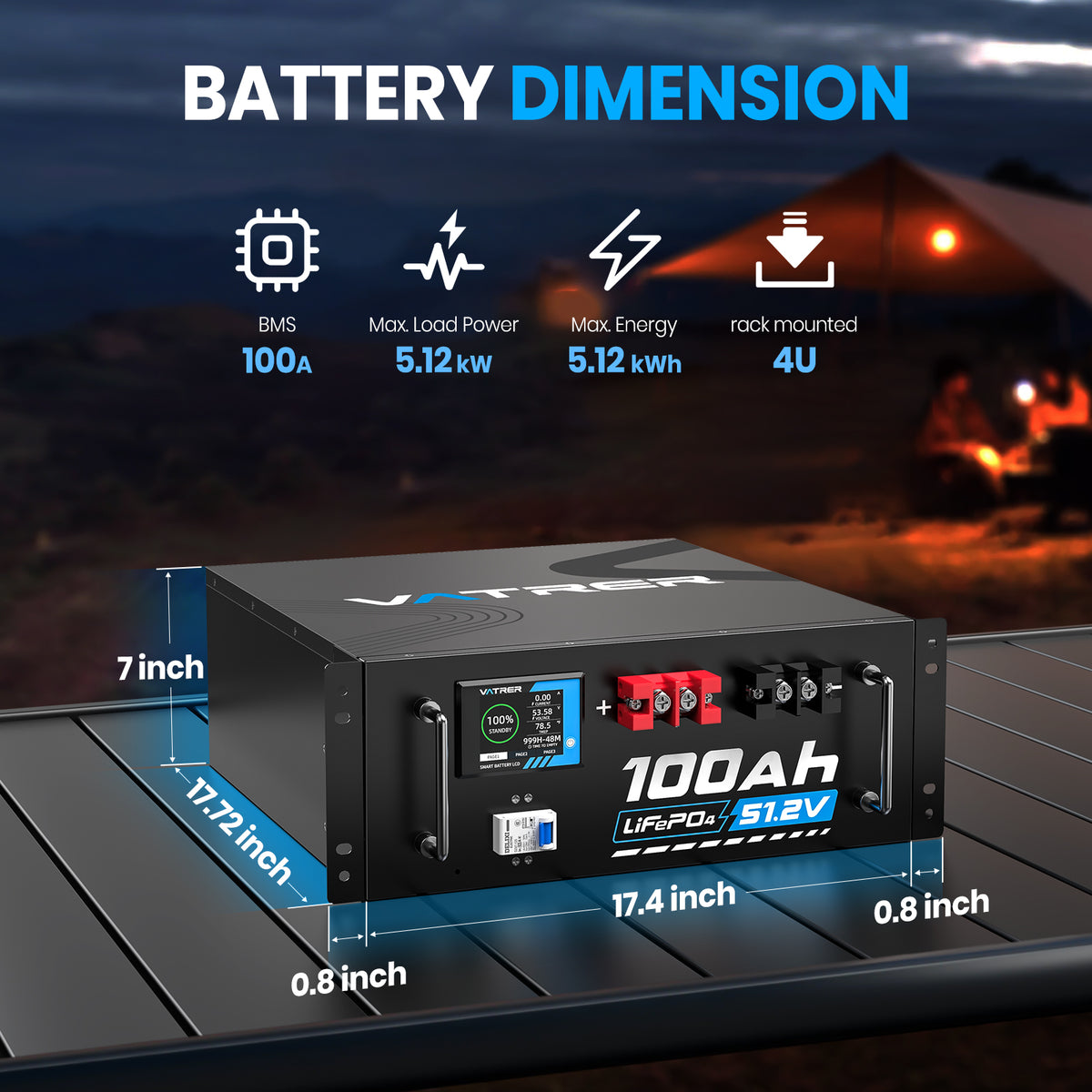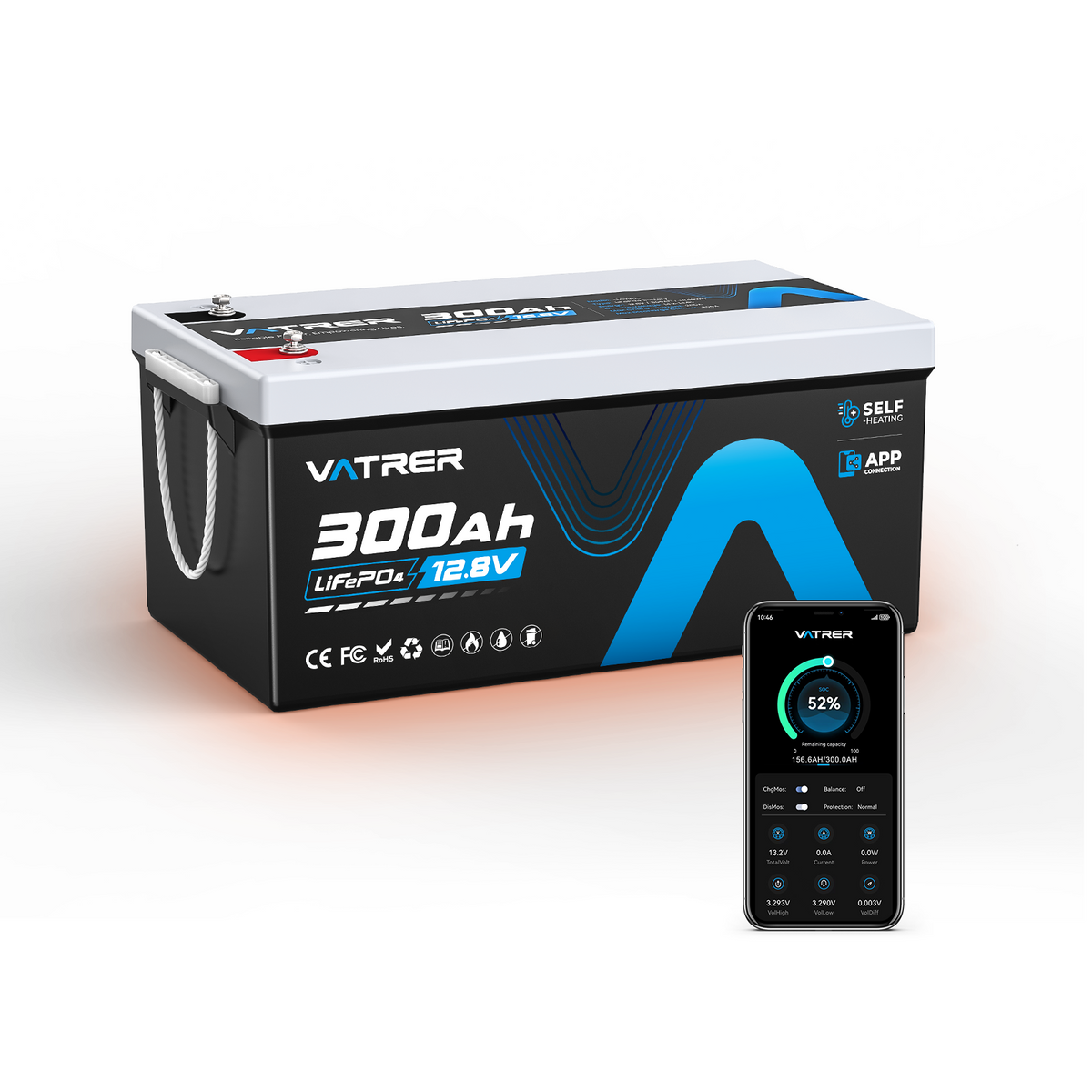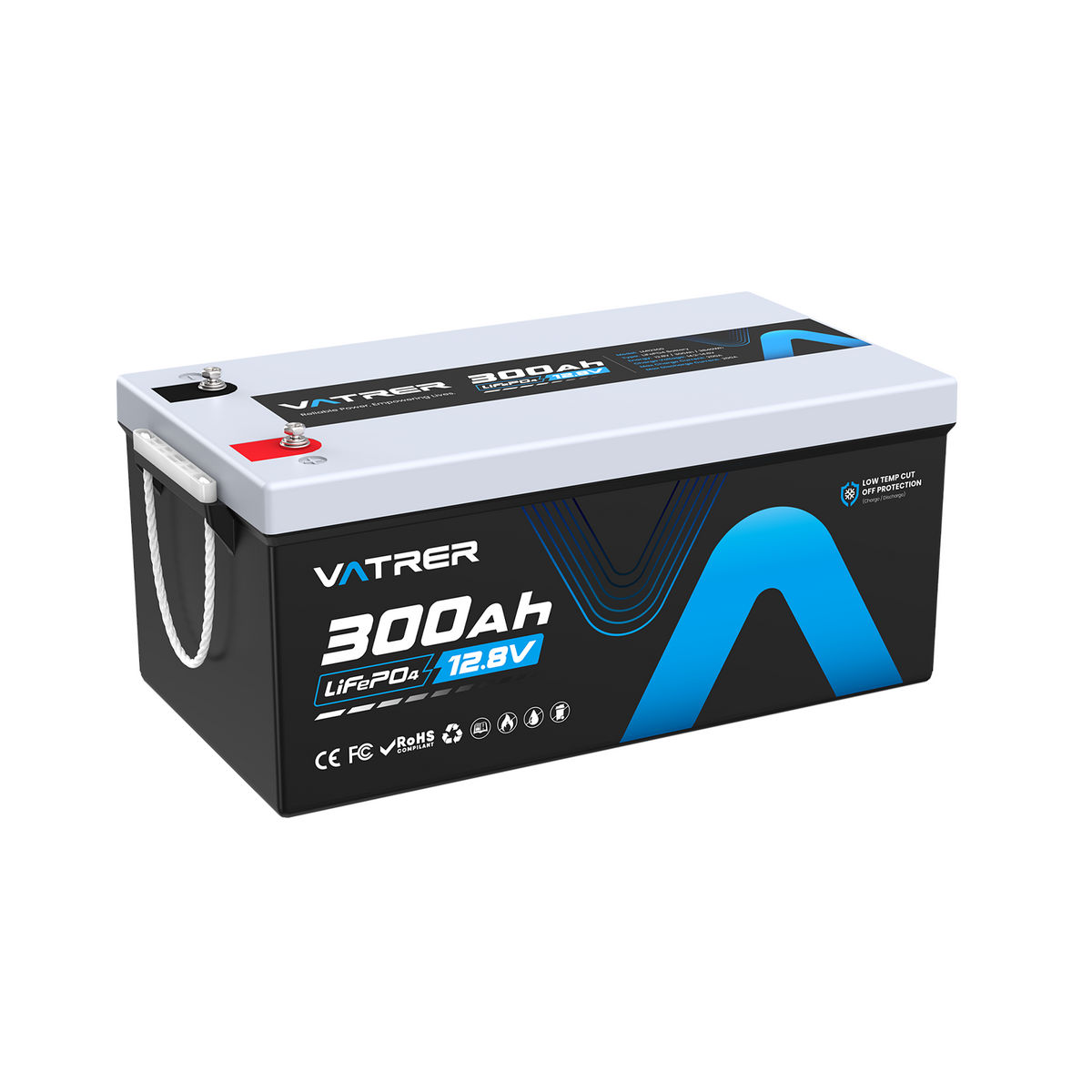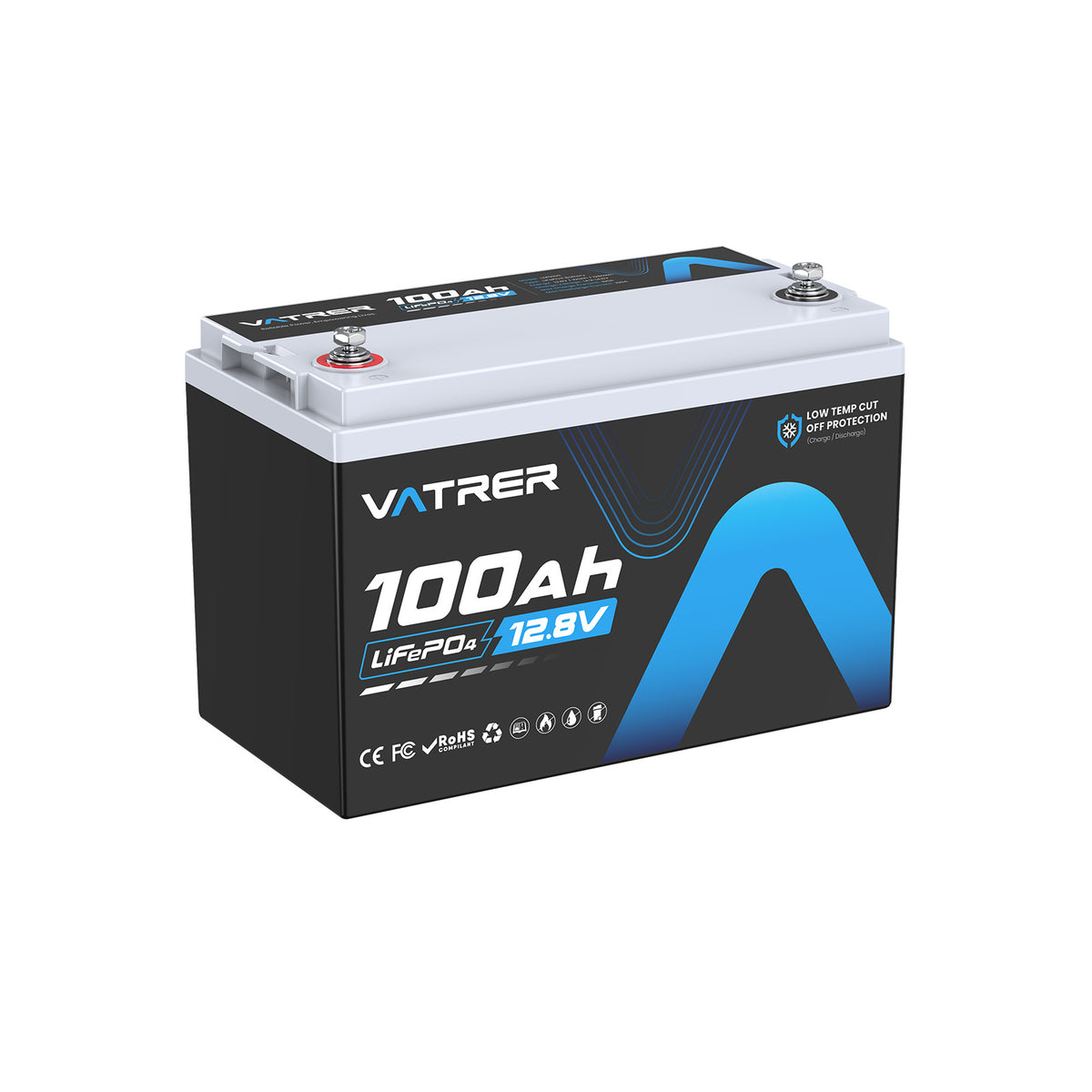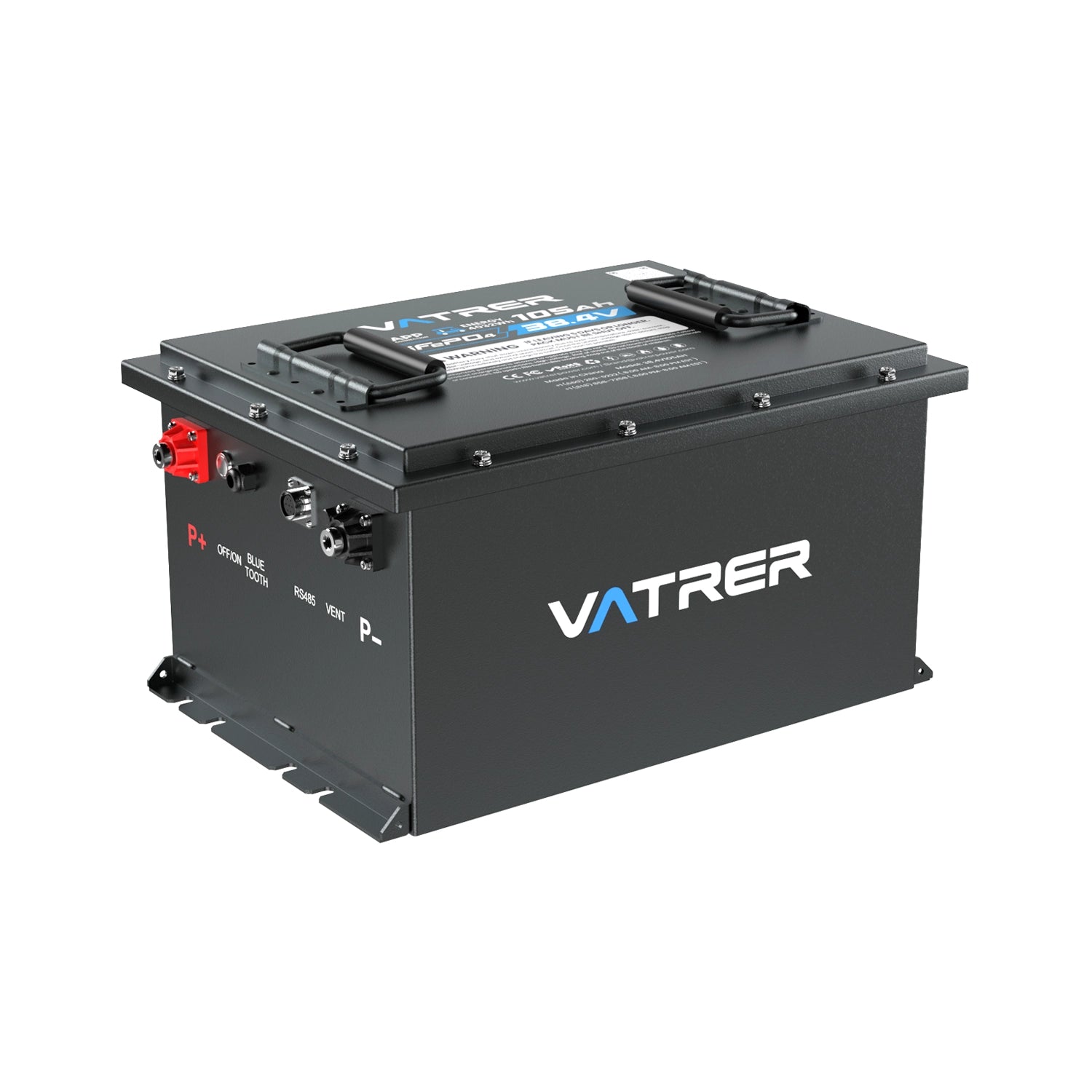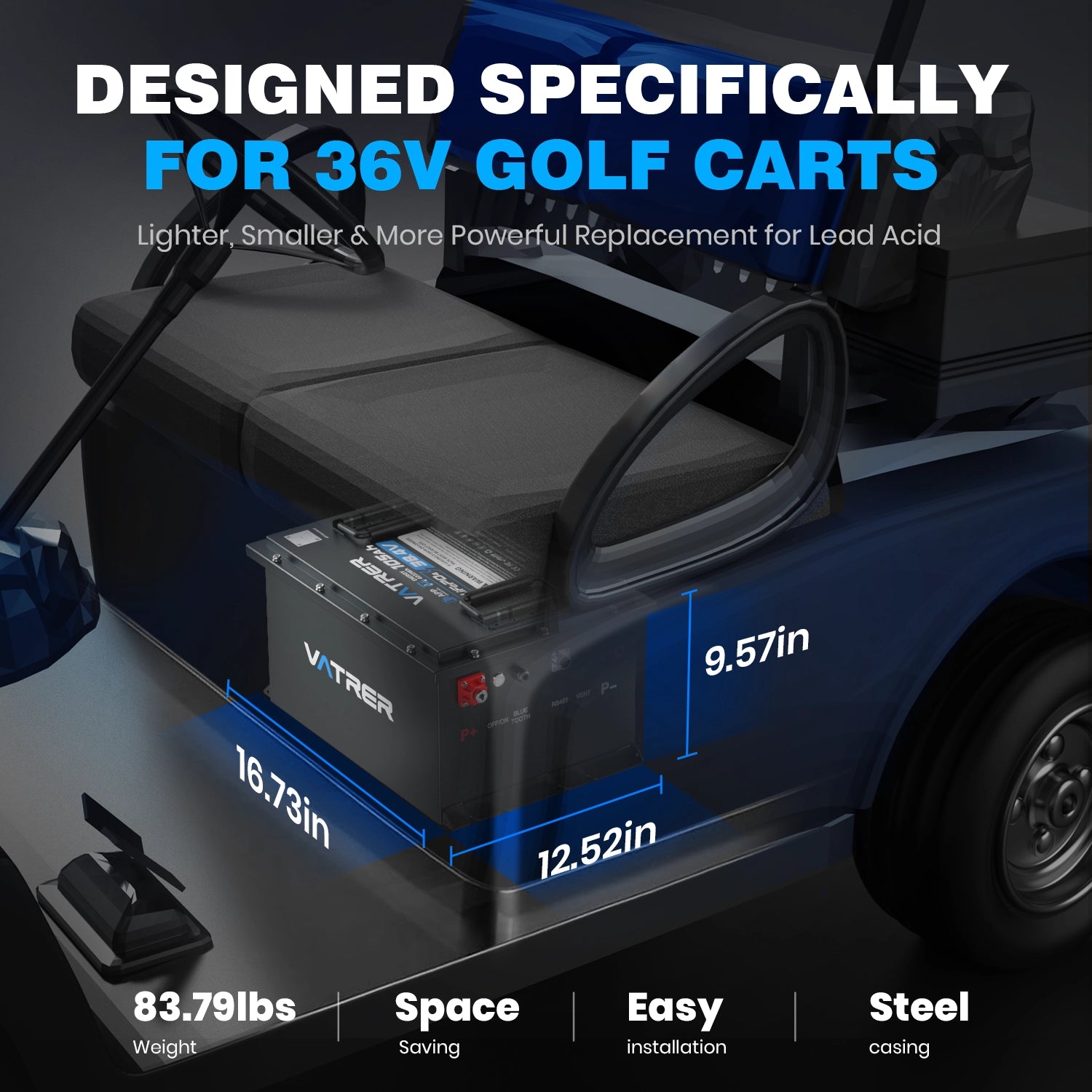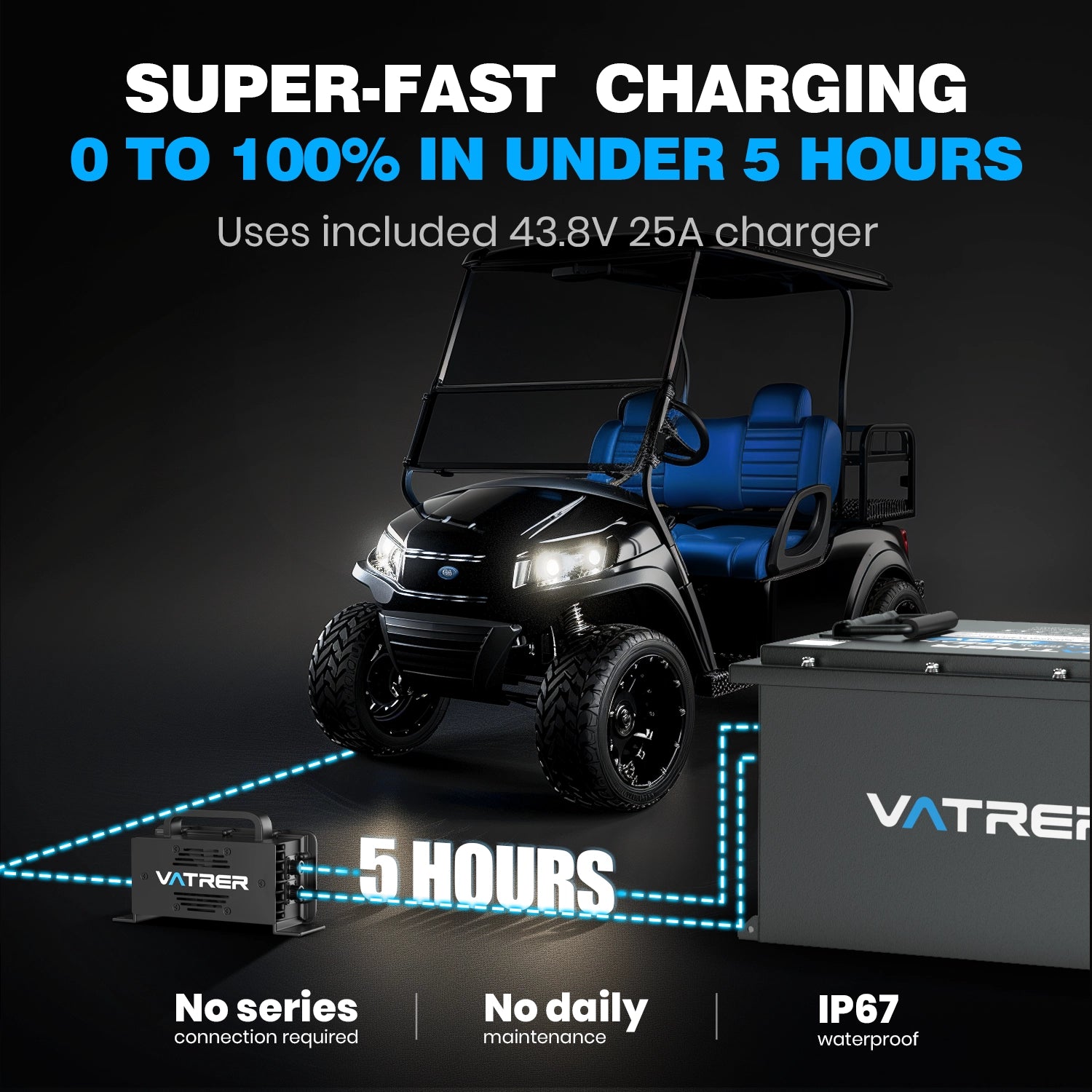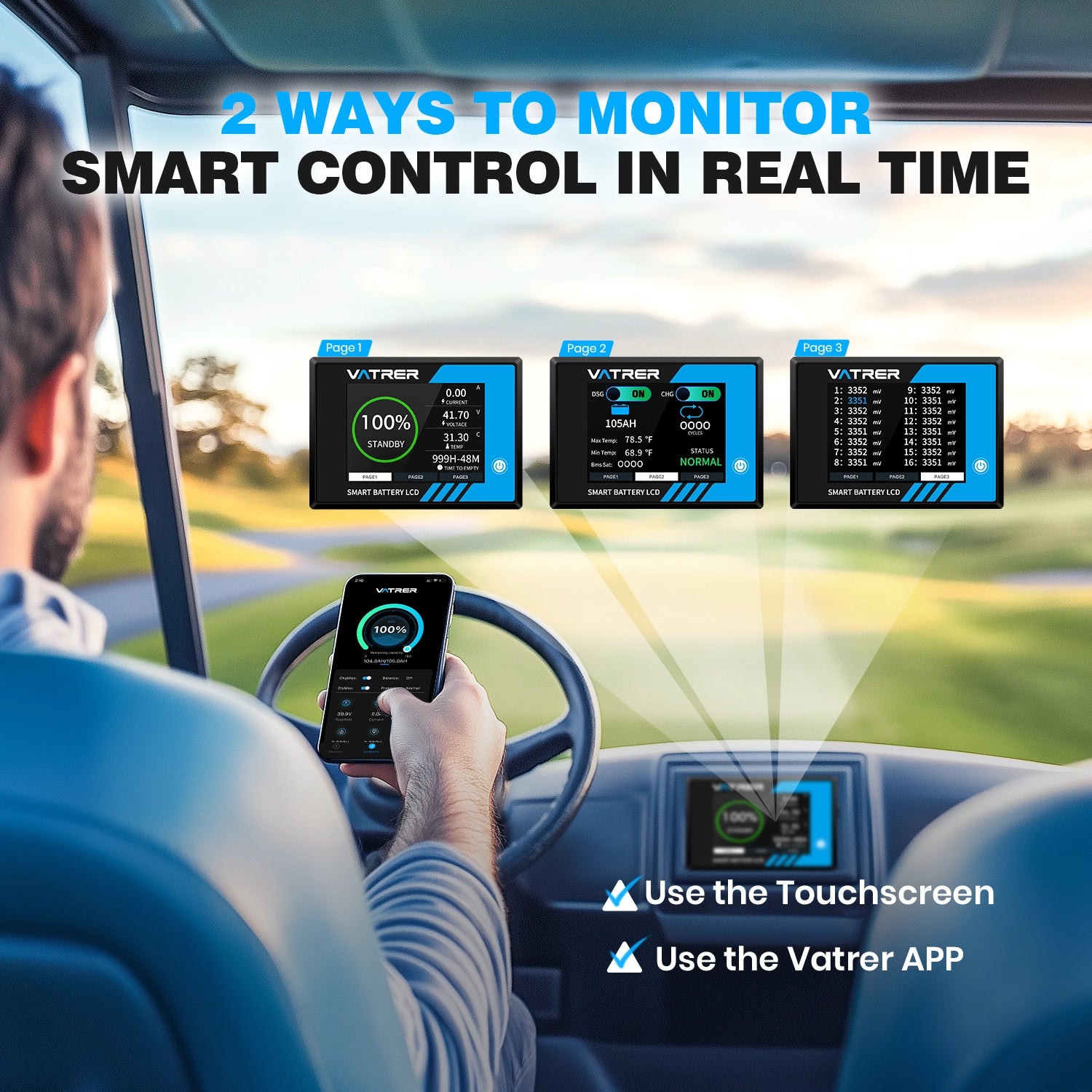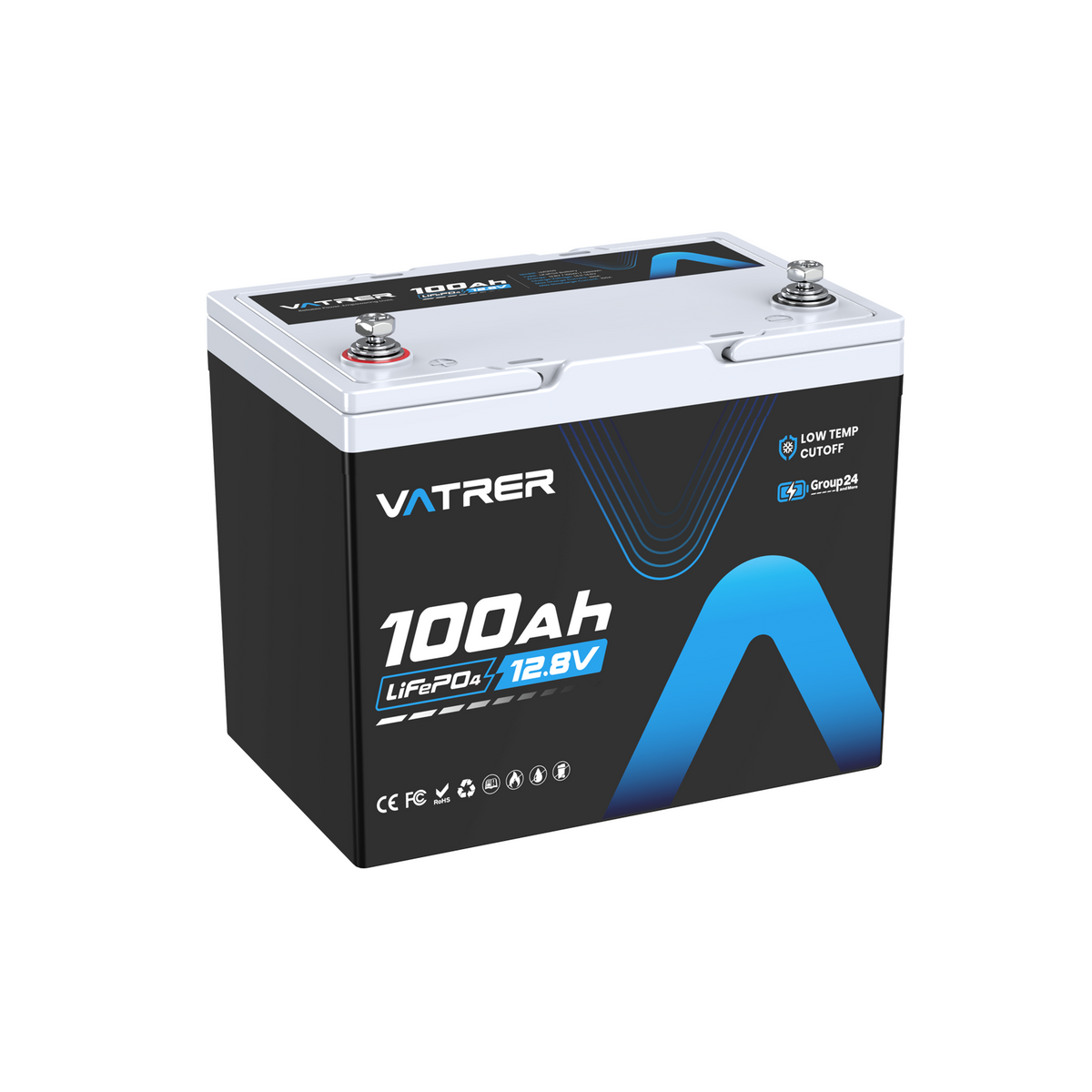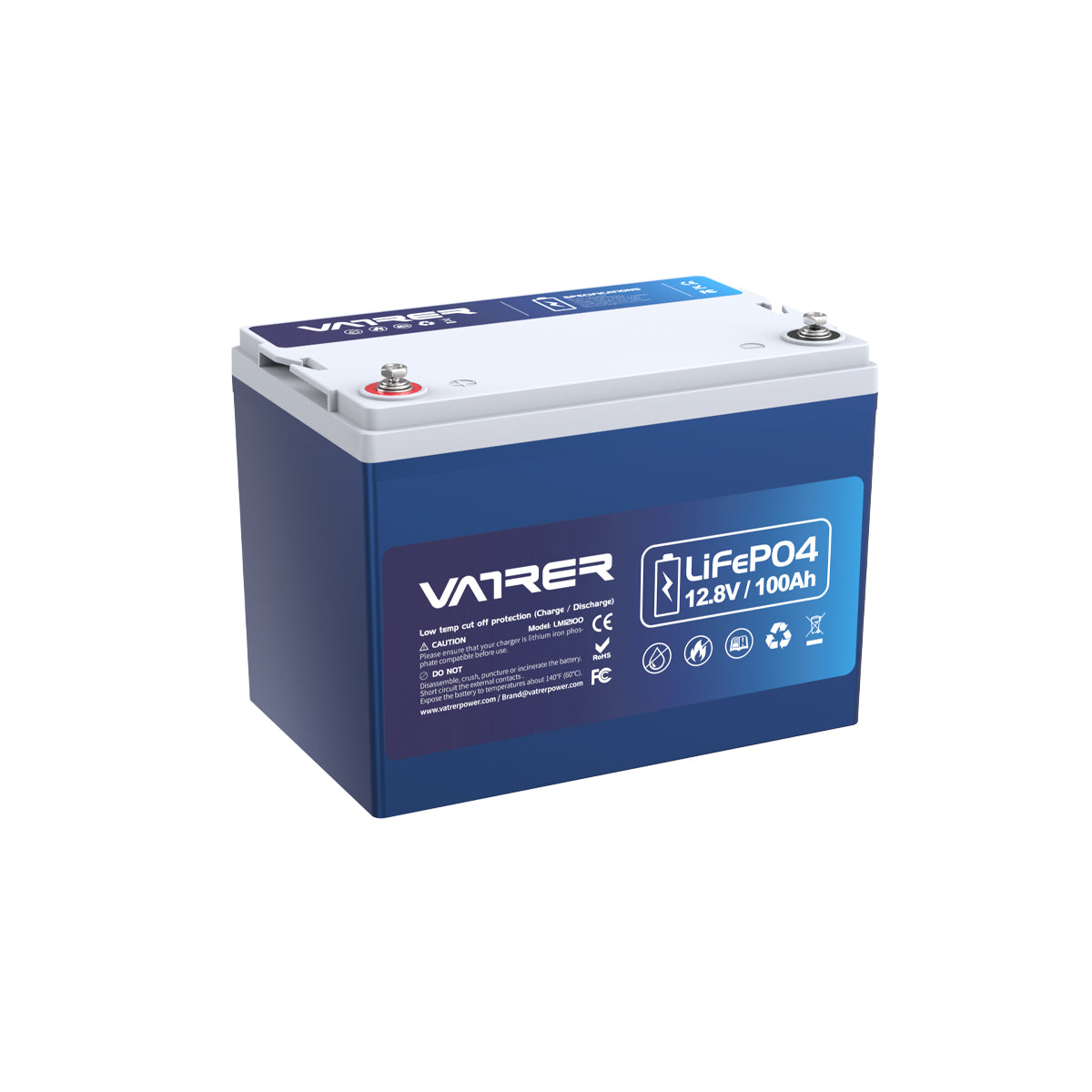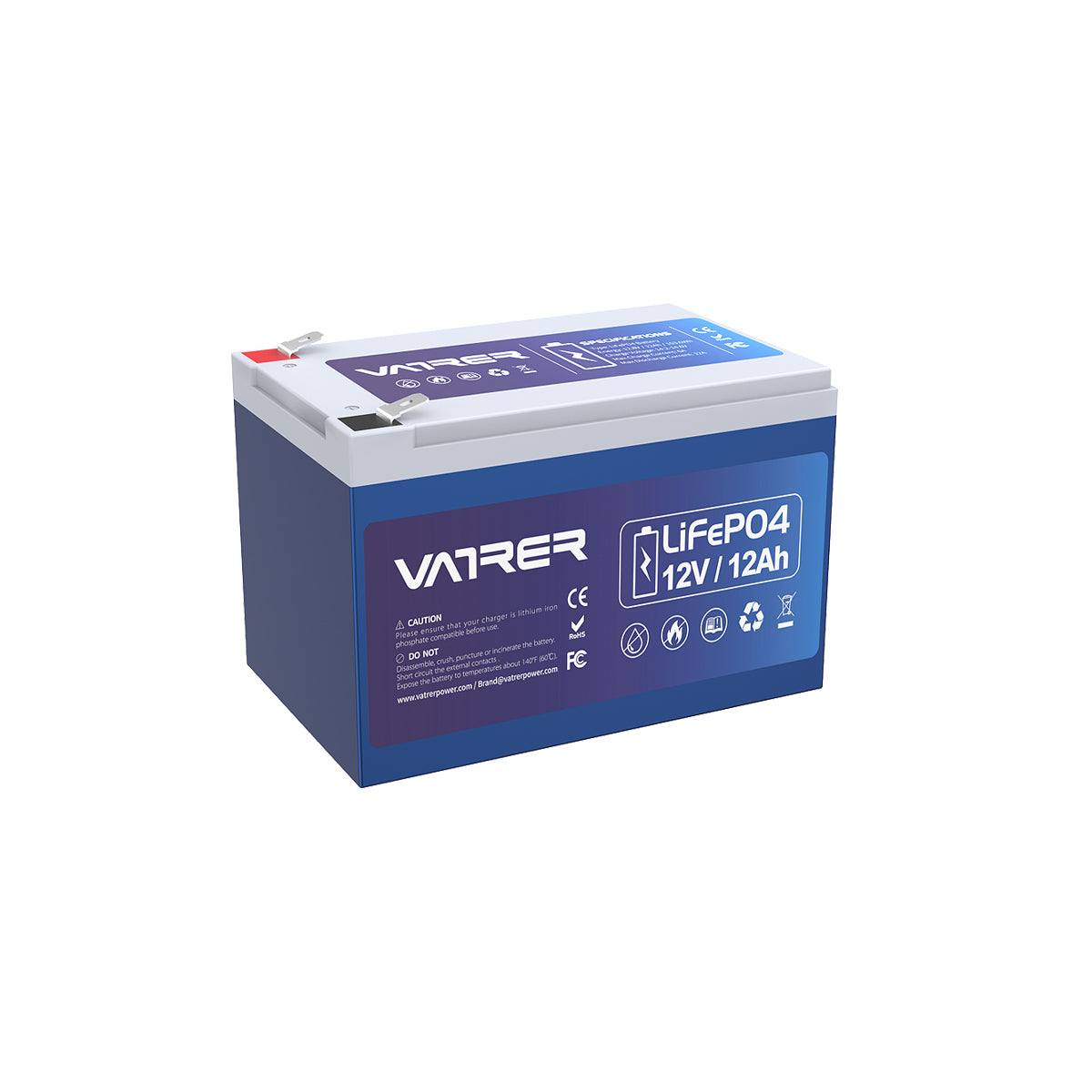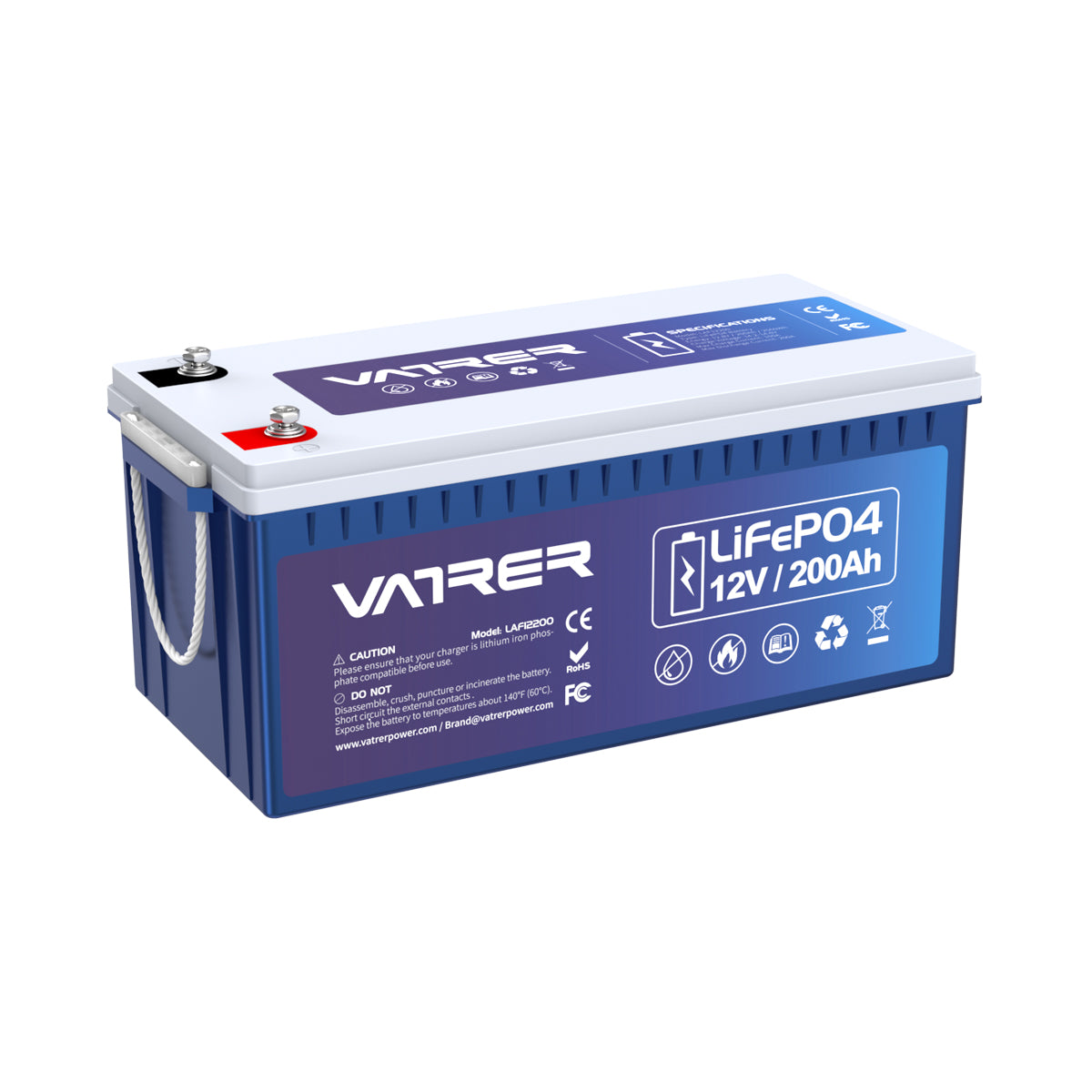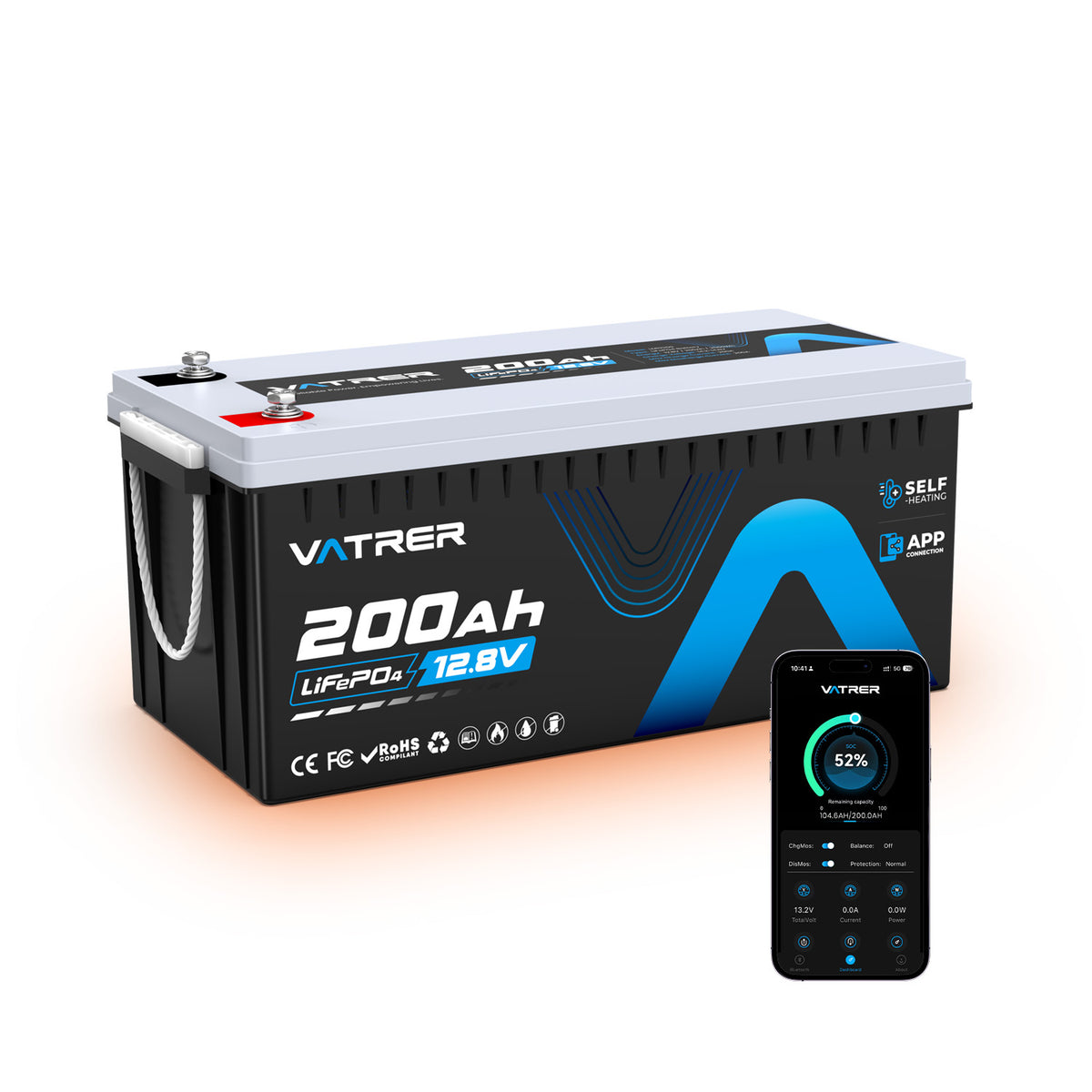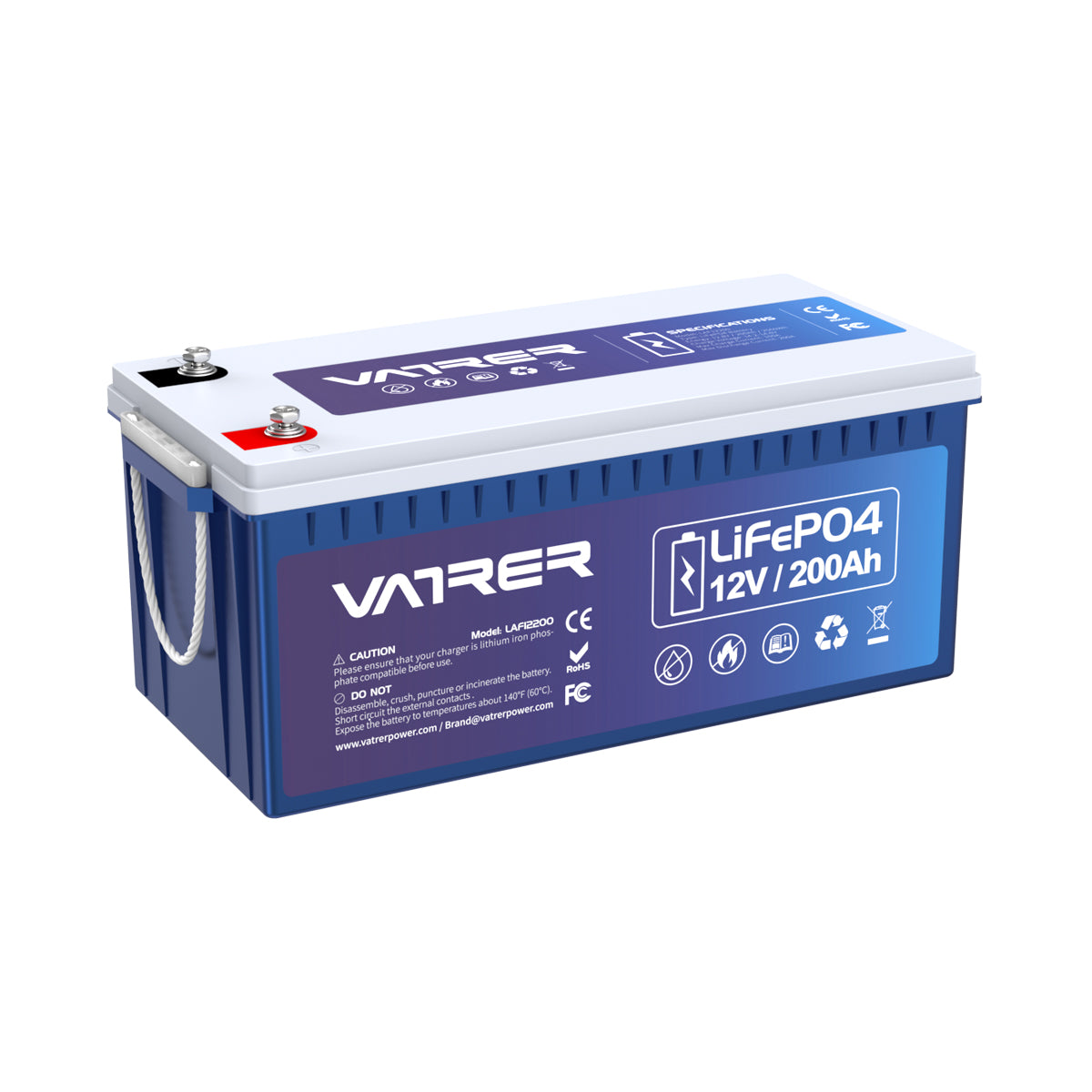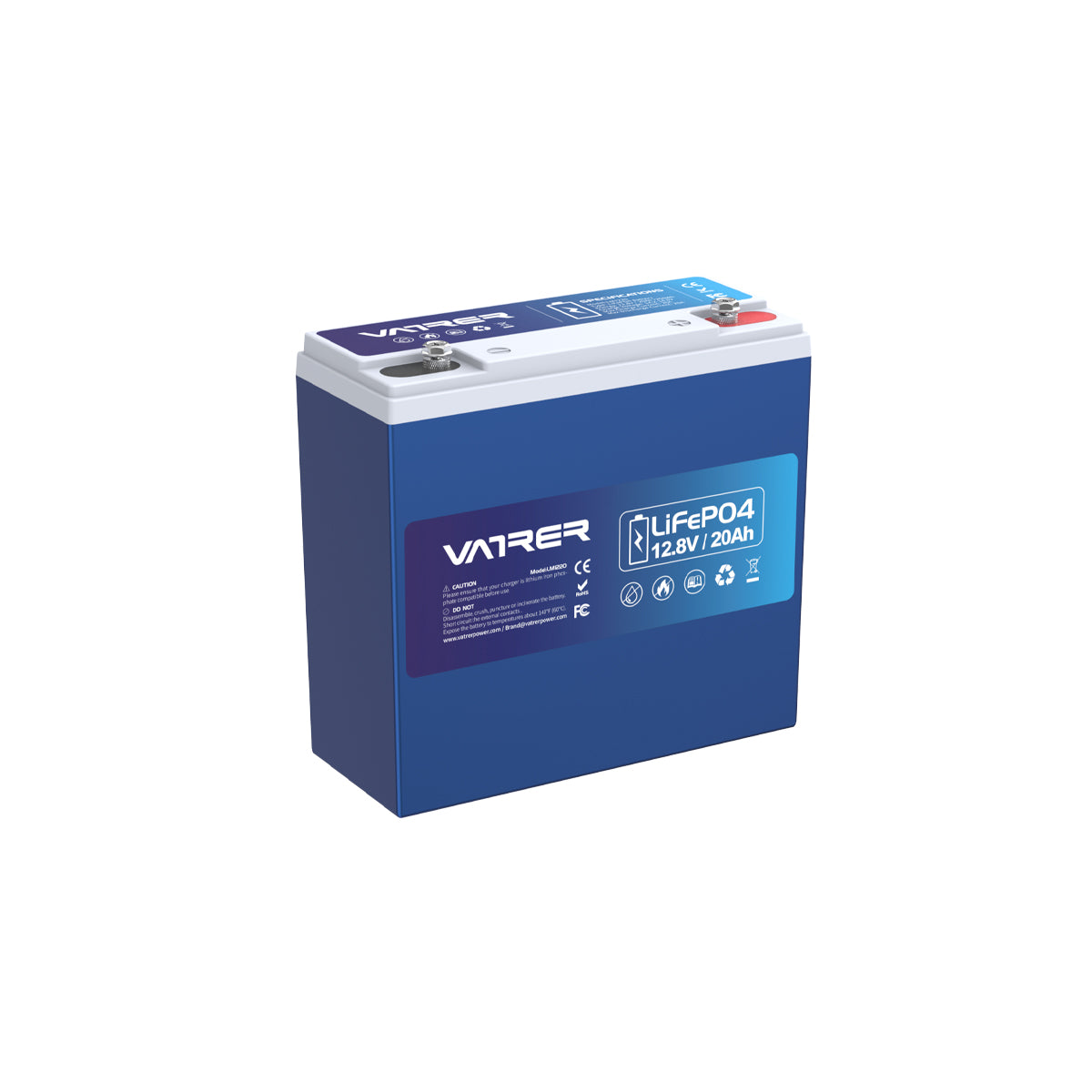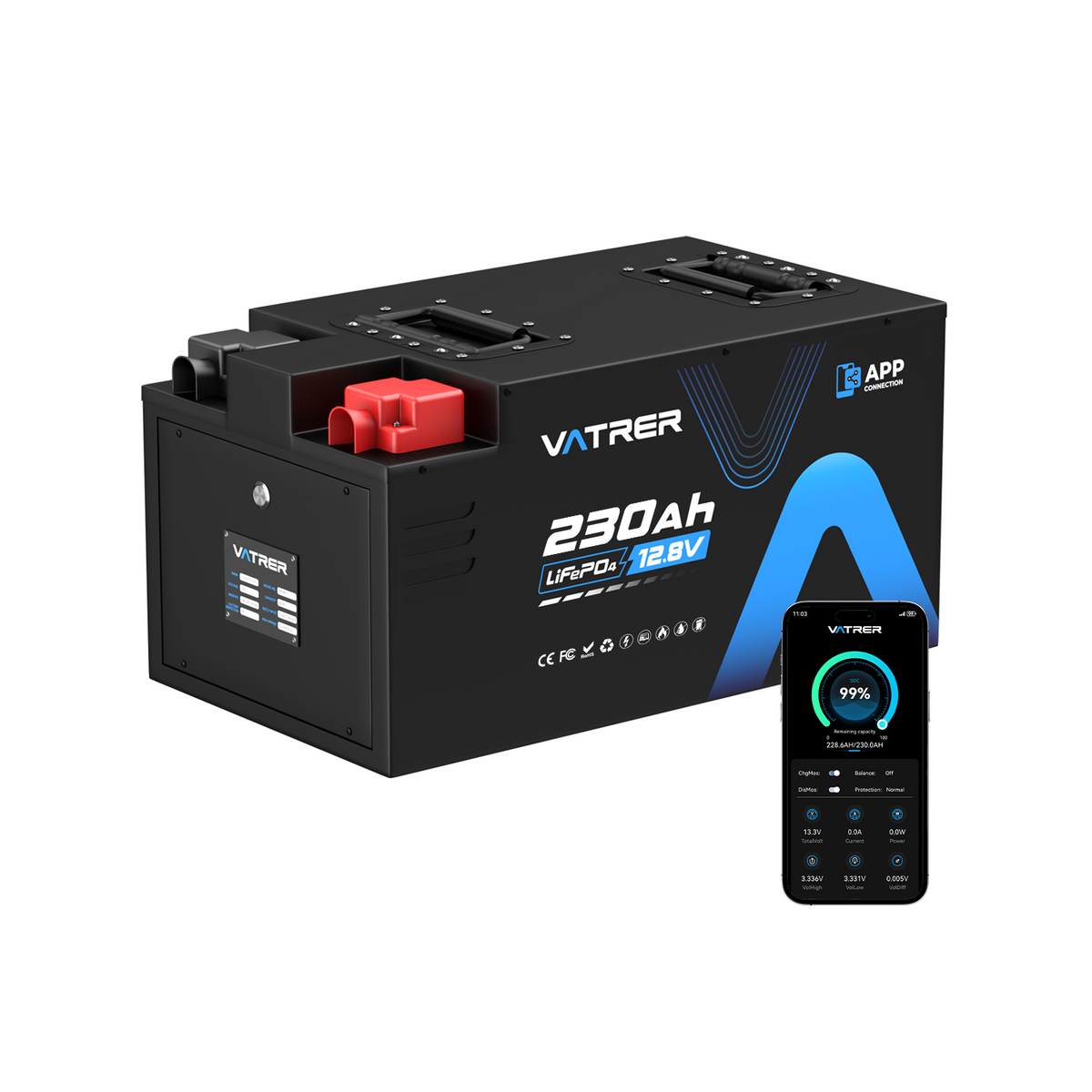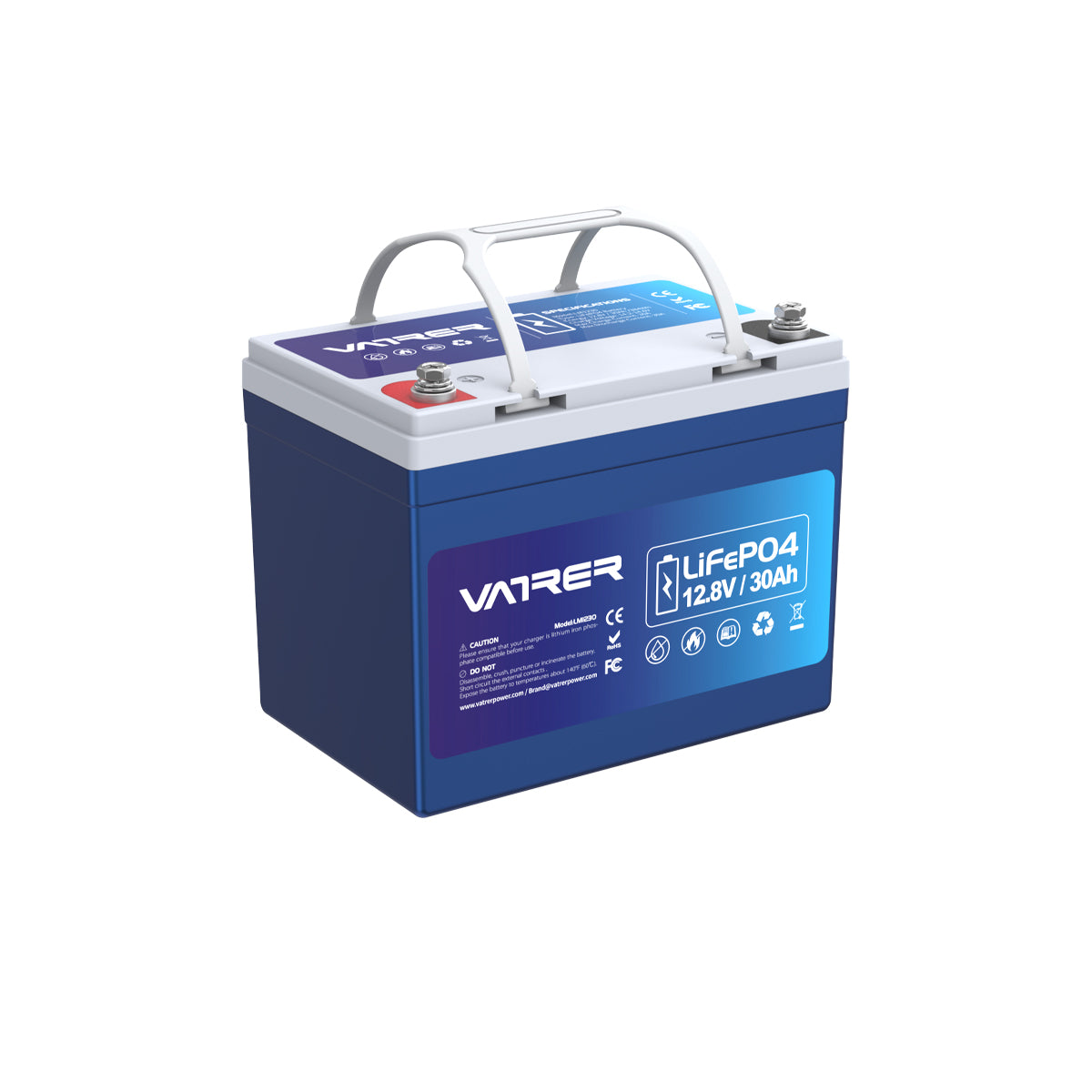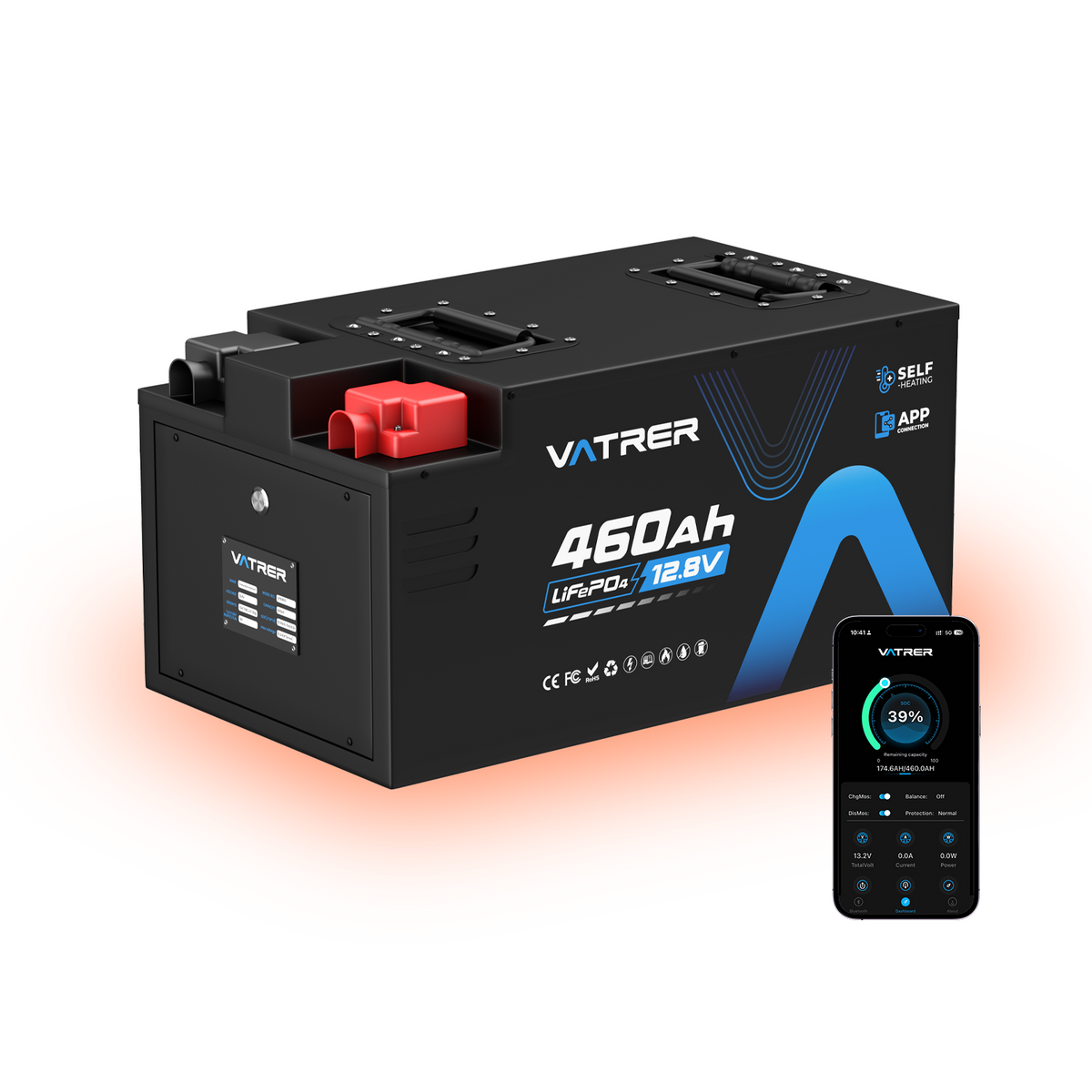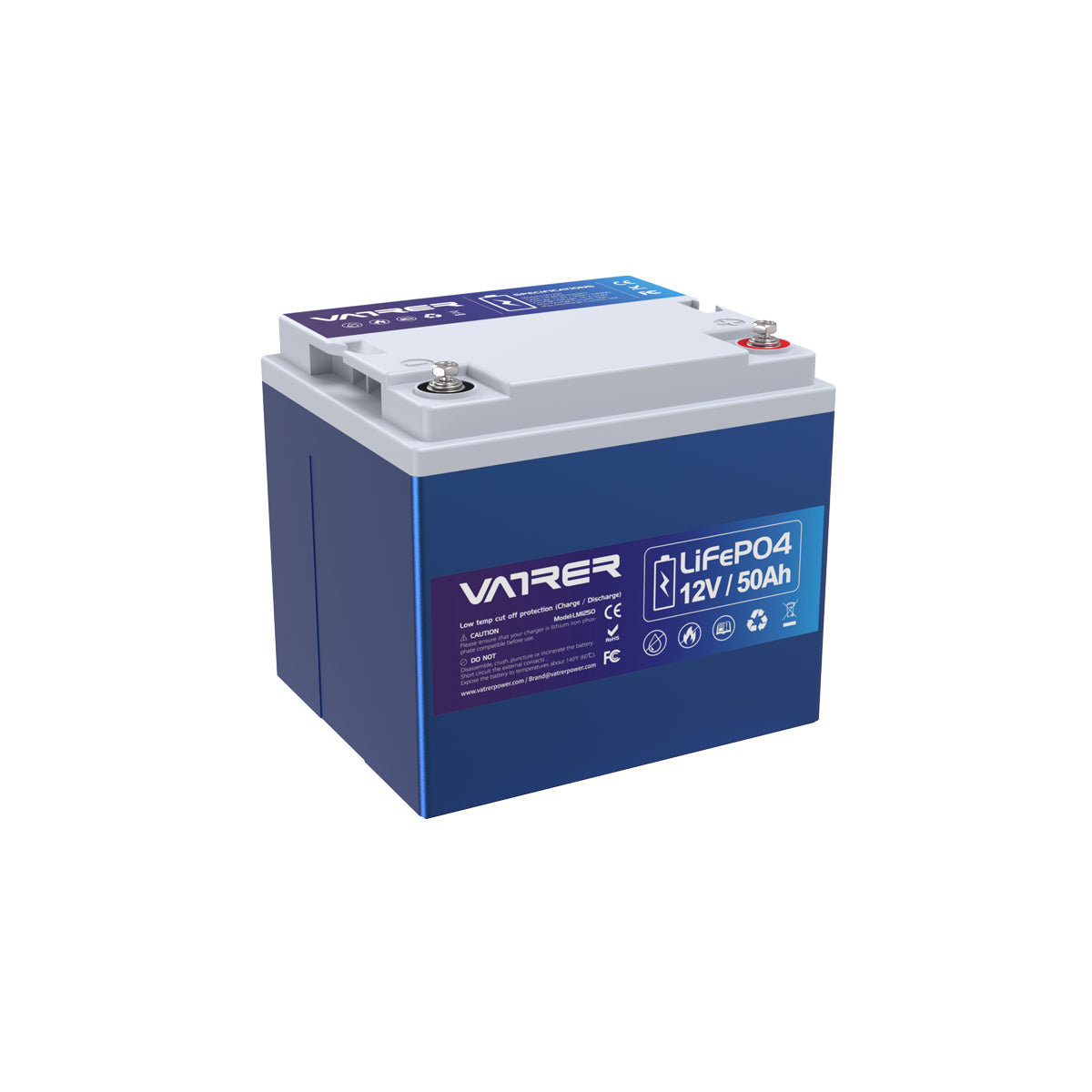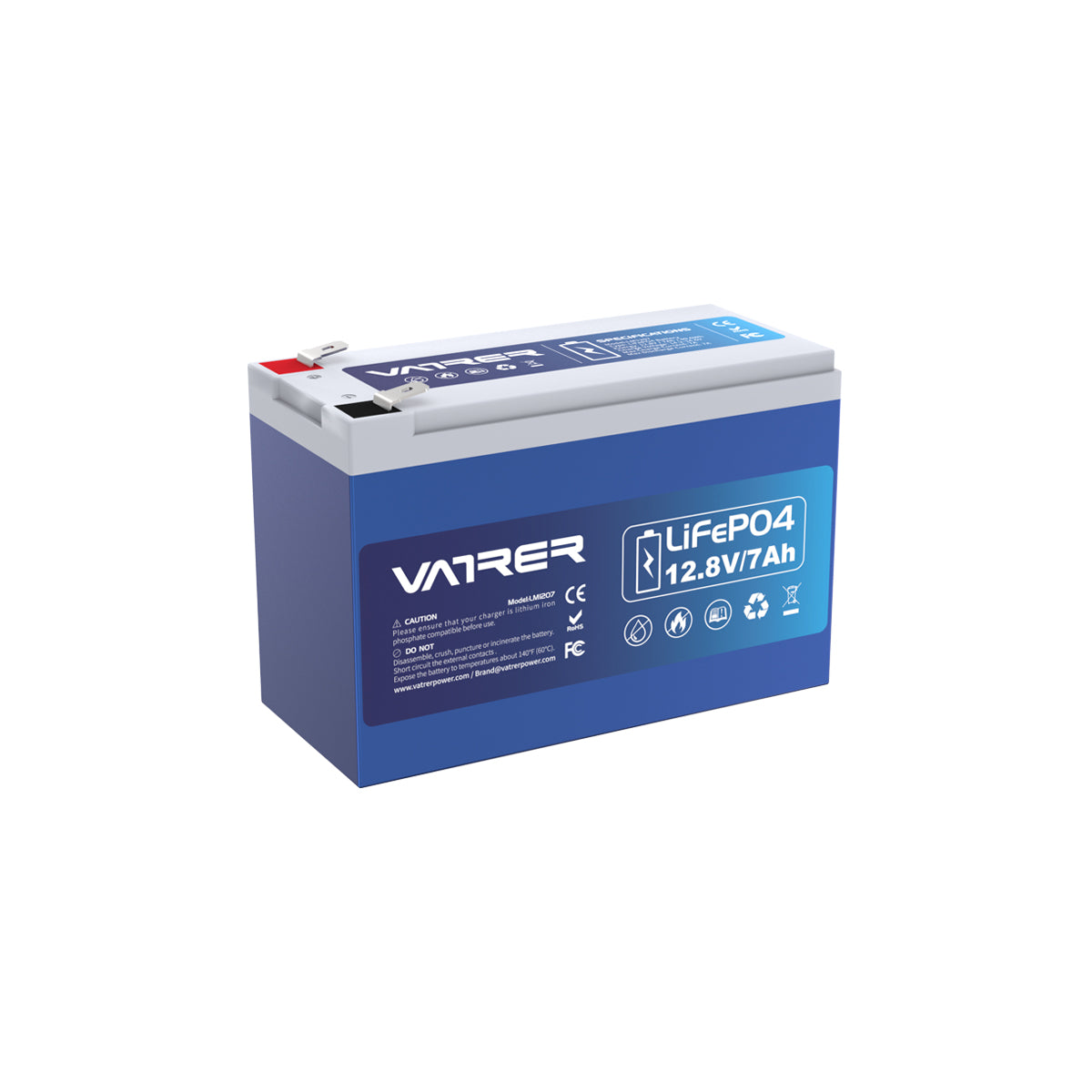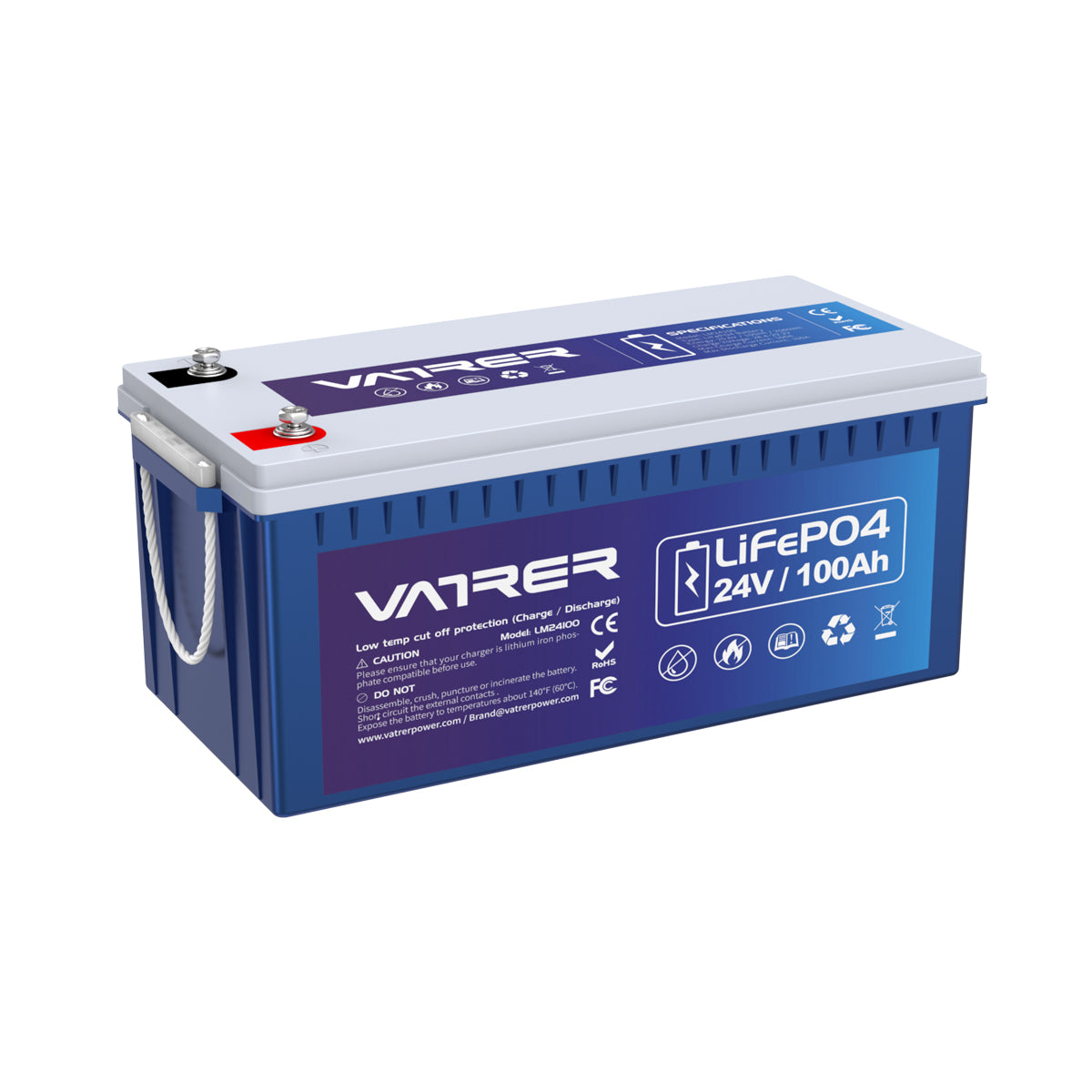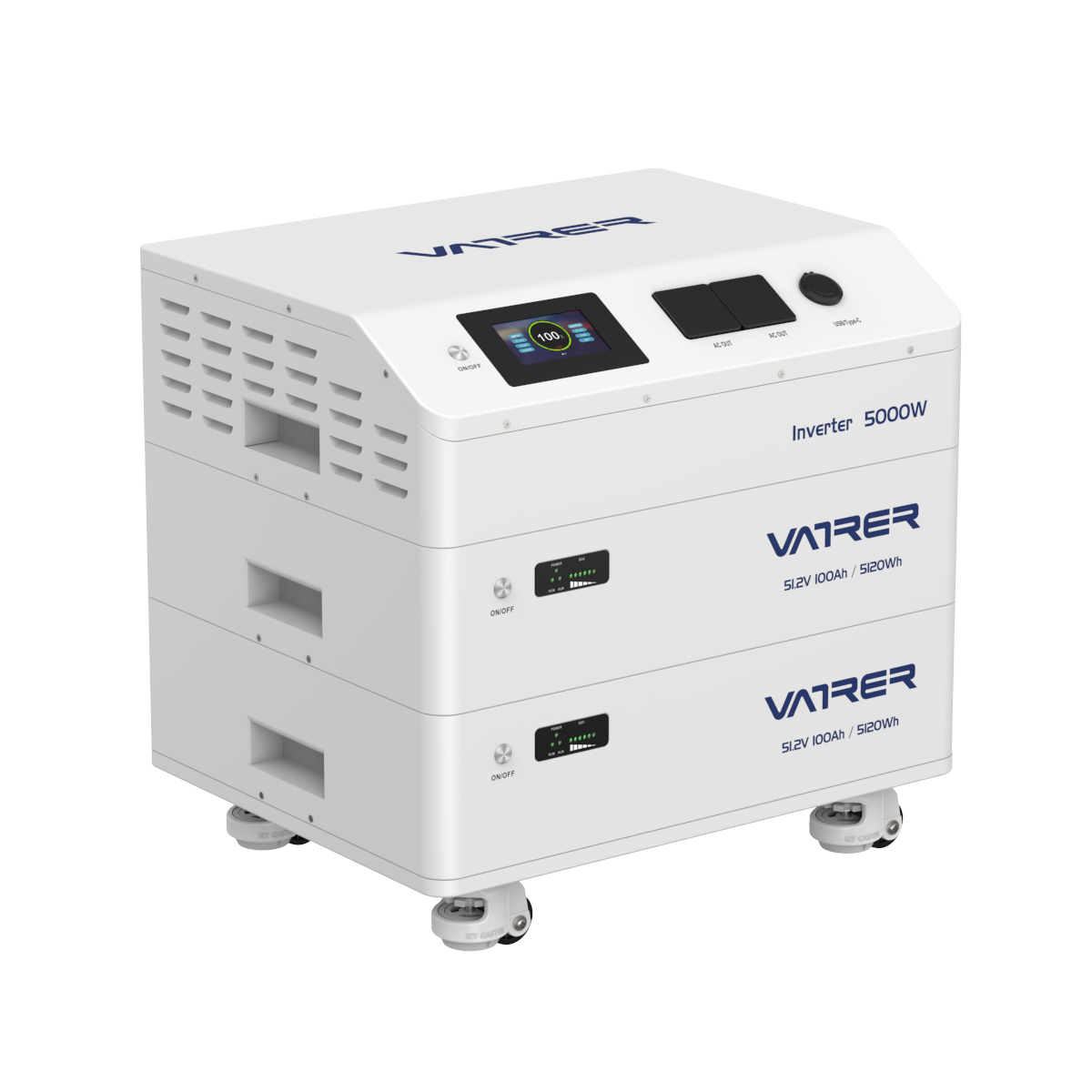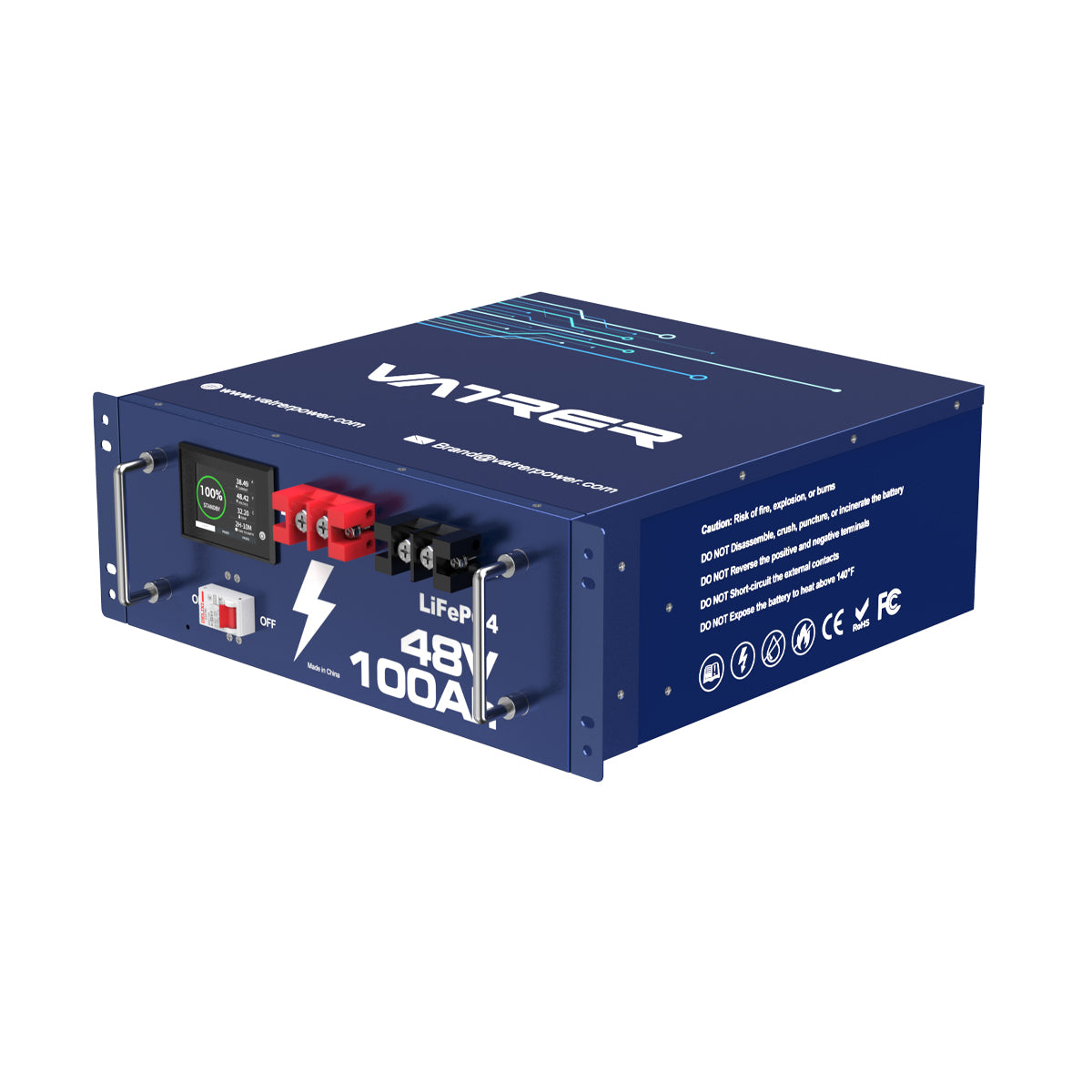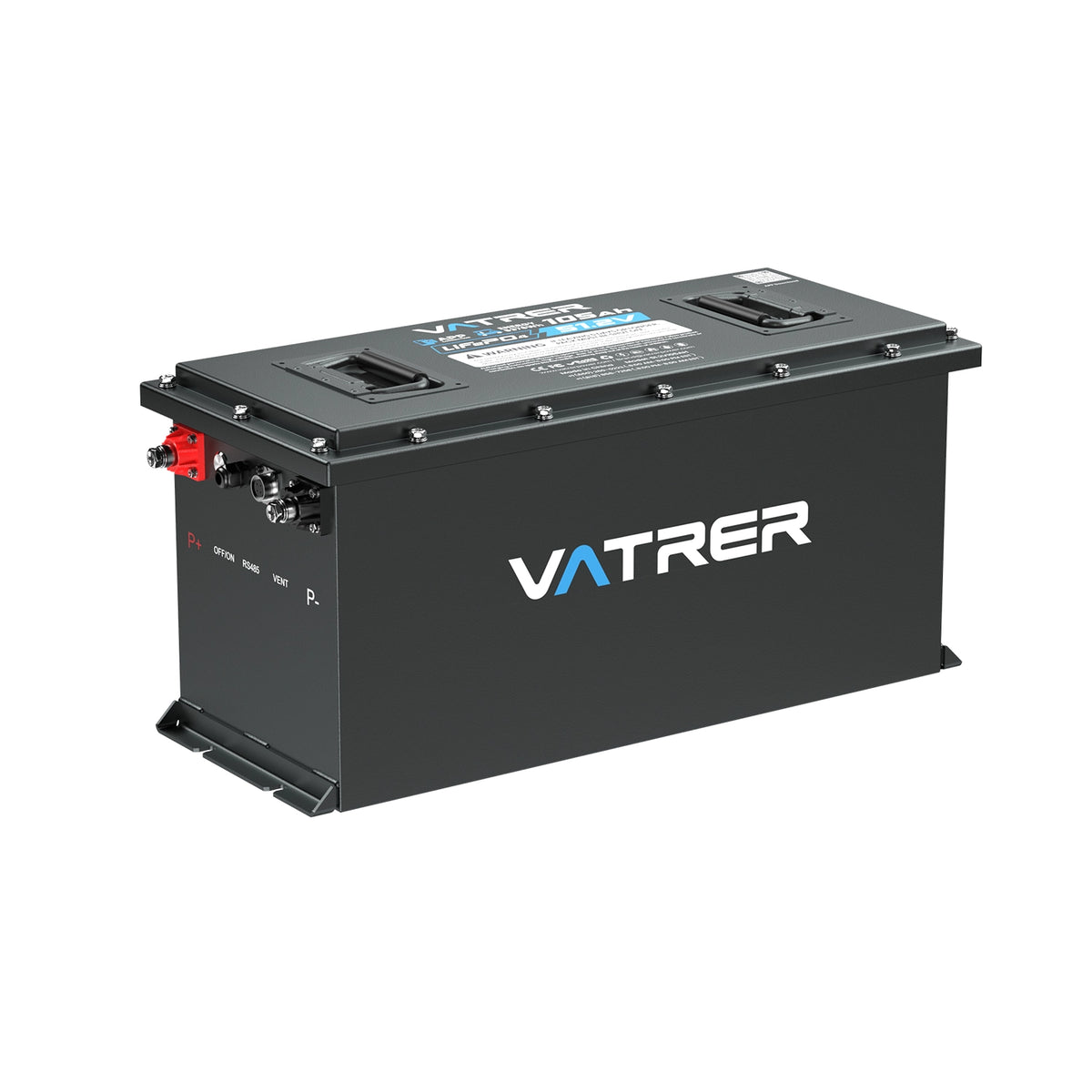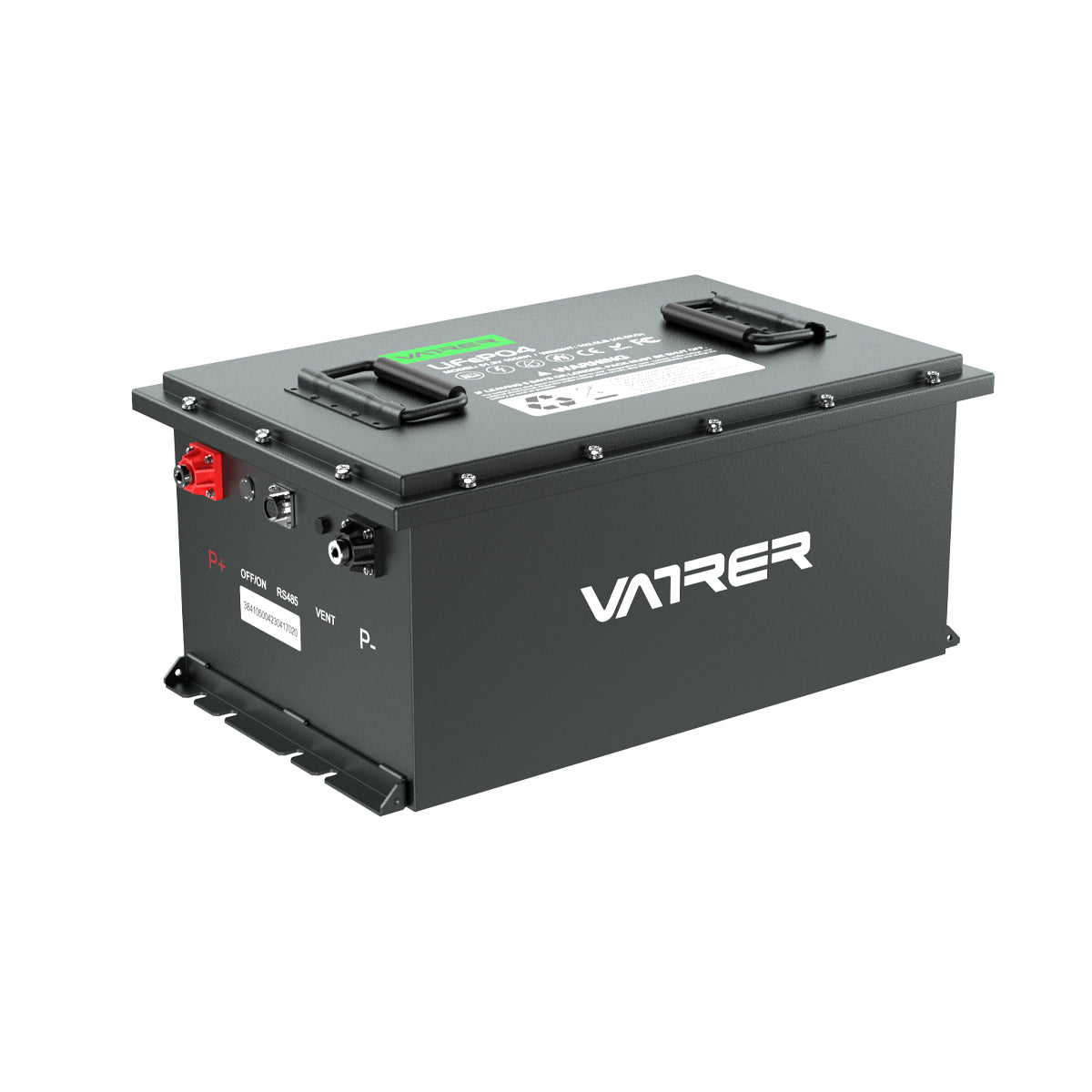Table of Contents
- Introduction
- Battery Type
- Battery Capacity
- Golf Cart Compatibility
- Battery Lifespan
- Charging Options
- Performance and Power
- Warranty and Support
- Budget Considerations
- Battery Weight
- Maintenance Requirements
- Brand Reputation
- Environmental Impact
- Installation and Safety
- Battery Monitoring System
- Recommendations and Expert Advice
- Conclusion
Introduction
When it comes to powering your golf cart, choosing the right battery is crucial for optimal performance and longevity. This guide aims to provide you with essential information and factors to consider when purchasing 36V golf cart batteries. By following this guide, you can make an informed decision and select the best battery for your golf cart's needs.

Battery Type
There are primarily two types of batteries commonly used for golf carts: lead-acid batteries and lithium-ion batteries. Consider the following:
- Lead-Acid Batteries: These batteries are more affordable initially but require regular maintenance, including checking water levels and cleaning terminals.
- Lithium-Ion Batteries: Although pricier, lithium-ion batteries offer numerous advantages, such as longer lifespan, faster charging, and higher energy efficiency. They require less maintenance and are generally lighter in weight.
Battery Capacity
Battery capacity determines the runtime and longevity of your golf cart. Consider the ampere-hour (Ah) rating, which indicates the battery's energy storage capacity. Higher Ah ratings typically offer longer runtime.
Golf Cart Compatibility
Ensure the battery you choose is compatible with your golf cart's voltage requirements. Golf carts typically operate on 36 volts, but it's essential to verify the specific voltage requirements of your cart before making a purchase.
Battery Lifespan
Consider the expected lifespan of the battery. Lead-acid batteries typically last around 3-5 years, while lithium-ion batteries can last 8-10 years or more. Keep in mind that proper maintenance and usage practices can significantly impact battery lifespan.
Related reading: The Lifespan of Golf Cart Batteries: How Long Can They Last?
Charging Options
Evaluate the charging options available for the battery. Some batteries may require specific chargers or have compatibility limitations. Ensure the charger you have or plan to purchase is compatible with the chosen battery.
Performance and Power
Consider the power requirements of your golf cart. If you frequently navigate hilly or challenging terrains, you may require a battery with higher power output to ensure optimal performance.
Warranty and Support
Check the warranty and customer support offered by the battery manufacturer. A reliable warranty and responsive customer support can provide peace of mind and assistance in case of any issues.
Budget Considerations
Set a budget range for your battery purchase. While lithium-ion batteries may have a higher upfront cost, they offer longer lifespans and may provide better value in the long run. Consider your budget and the ROI (Return on Investment) over the battery's lifespan.
Related reading: The Average Cost to Replace Golf Cart Batteries
Battery Weight
Take into account the weight of the battery. Lighter batteries can contribute to improved cart performance, especially when maneuvering on uneven terrain or inclines.
Maintenance Requirements
If you prefer a low-maintenance option, 36V lithium-ion batteries are a great choice as they typically require minimal maintenance compared to lead-acid batteries. However, if you're comfortable with regular maintenance routines, lead-acid batteries can still provide reliable performance.
Brand Reputation
Consider the reputation and track record of the battery manufacturer. Research customer reviews and feedback about the brand's reliability, quality, and customer service. Opting for a reputable brand can ensure a more satisfactory buying experience.
Related reading: Top 5 Golf Cart Lithium Batteries
Environmental Impact
If environmental sustainability is a priority for you, 36 volt lithium-ion batteries are a greener option due to their lower environmental impact and recyclability. They also tend to have a higher energy efficiency, which can help reduce overall energy consumption.
Installation and Safety
Ensure the battery you choose is easy to install and comes with proper safety features such as built-in protection against overcharging, short circuits, and overheating. Safety should always be a top priority when dealing with batteries.
Battery Monitoring System
Consider batteries that come with a built-in battery monitoring system. These systems provide real-time information on battery status, including voltage levels, remaining capacity, and temperature, allowing you to monitor and optimize battery performance.
Recommendations and Expert Advice
If you're unsure about which battery to choose, seek recommendations from experienced golf cart owners, golf cart dealers, or battery specialists. Their expertise can help guide you towards the most suitable battery for your specific needs.
Conclusion
Purchasing the right 36V golf cart battery is essential for optimal performance and prolonged battery life. Evaluate factors such as battery type, capacity, compatibility, lifespan, charging options, performance, warranty, and budget. By considering these factors, you can select a battery that meets your golf cart's requirements and provides a reliable and efficient power source.
Continue reading:






